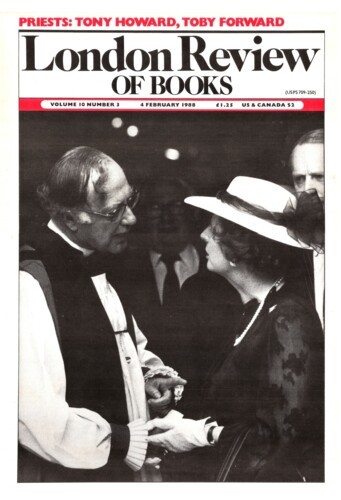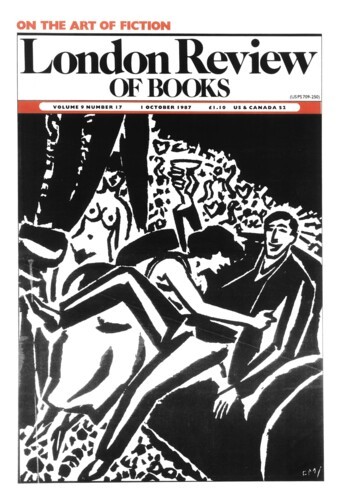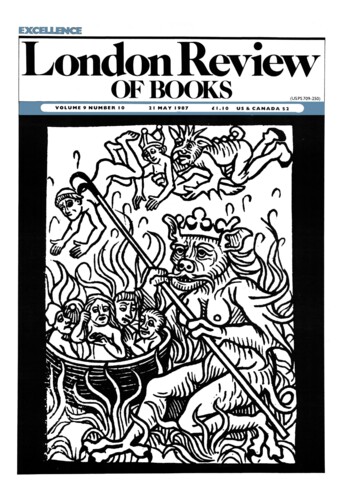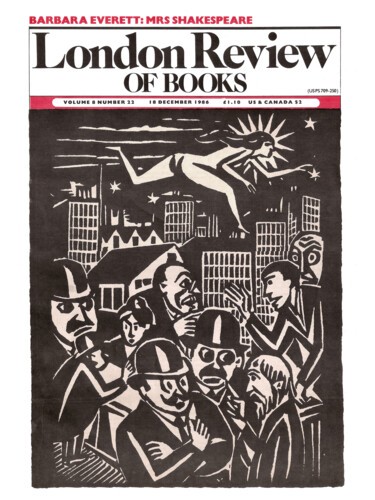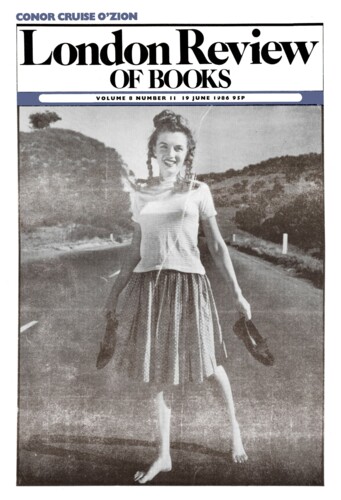Fusi’s Franco
David Gilmour, 4 February 1988
Francisco Franco’s uprising in 1936 provoked powerful emotional reactions in Europe and aggravated the continent’s political divisions. Nearly three years later he completed his conquest of Spain on the eve of a war which engulfed the whole of Europe and led to the destruction of his principal international allies. The circumstances of his rebellion, coupled with European events over the following decade, have since made it difficult for writers to look objectively at Franco’s rule. Dogmatic opinions, raucously expressed, were long used as a substitute for rational judgment: perceived as either a brutal fascist or a crusader on a white horse, Franco himself was almost wholly concealed by swags of propaganda. The ‘biographies’ which appeared in his lifetime could generally be divided into three categories: the hagiographic, the vitriolic and the subtly partisan. None of them made much effort to penetrate the man’s personality and almost all were written from a clear political position. Writers in the first category, for example, were fond of spraying their eulogies with ridiculous claims: Franco’s Spain, declared one of them in the Fifties, was ‘an oasis of order, peace, prosperity and tranquillity in a world of fear’.
